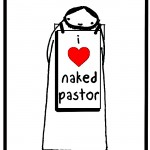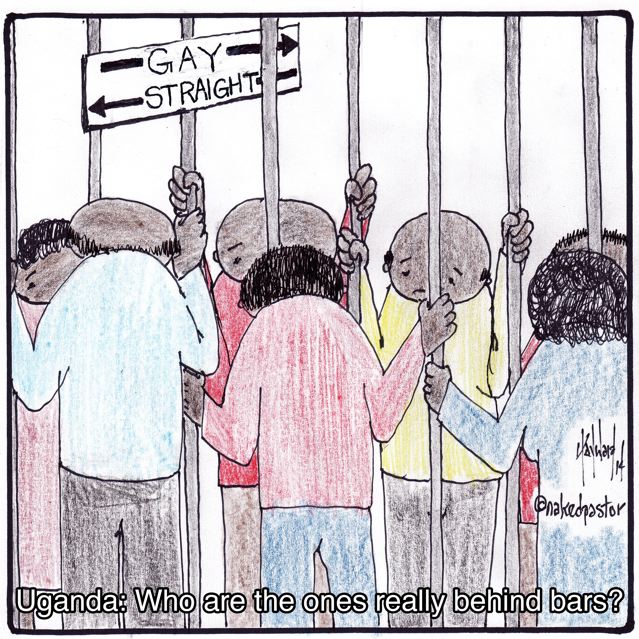In 1997 the church I pastored experienced what is commonly known as a church split. A church of almost 400 people rapidly diminished to 200 people, then over time to 100 people, and now less than 100 people. Although I no longer pastor that congregation, I am pleased to say that the church still exists and functions as a community.
But I would not have survived without the following:
- SUPPORTIVE LEADERSHIP: Even though we lost one of our leaders in the split, the leadership team was strong and extremely supportive. We could rely on one another without question. Because of the leadership, I look back on those years as the golden years of my ministry even though they were also the worst.
- FREQUENT AND OPEN COMMUNICATION: The leadership did its best to pass on all and every piece of information to each other. Nothing was unimportant. We also shared as much as we possibly could with the congregation as a whole without jeopardizing the health of the church. We met as often as twice a week and communicated at least once a day. Looking back, perhaps we could have shared more with the congregation, but under such a volatile state it felt too risky.
- WITHHELD CRITICISM: We refused to publicly criticize those we believed were instrumental in the split. In fact, we felt a personal spiritual mandate to be as sheep to the shearers: silent. This infuriated those who would base their decision of who to support on fact, which I believed was impossible to untangle. One of our leaders insisted that the fruit of the Spirit and the works of the flesh were the only criteria by which to discern under these conditions.
- SOUGHT HELP: We shared our struggles with those leaders outside of our congregation we felt could be trusted and who sympathized with us. We even brought in a professional counselor to provide several sessions of group counseling to the leadership team. We did not share information with the simply curious.
- PARTIED: We would get together as a leadership team as well as with other sympathizers to party. We ate lots of food and drank some good wine. The lighthearted nature of these meetings was intentional. We knew these were gossiped about but they were essential moments of reparation. We were sometimes able to laugh at ourselves and our circumstances.
- READ INTELLECTUAL WORKS: I made a point of reading over my head, of reading important books of depth in order to provide me with a larger perspective, the big picture. Thinkers like Luther, Barth, Stringfellow, Foucault, etc., gave me enormous comfort and perspective during those years.
- HELD ON TO HOPE: Even though almost everyone around us, they later admitted, believed we were “dead in the water”, we almost always refused to believe we were going down. We constantly held on to the hope that one day the struggle would be over and we would enjoy respite. There were black days, but the next day hope would shine again.
- DON’T DENY: One of the things we allowed to happen at leadership meetings as well as regular church meetings was the expression of sadness. What we were experiencing was like nothing we’d ever experienced before, and the pain was excruciating. I believed this had to be freely expressed in order to move closer to healing.
- DON’T COMPROMISE: Most splits are caused by a political decision, and because we were certain our decision was a wise and necessary one, we felt it would go against conscience and truth to compromise it, even if it meant an alleviation of pain. We were constantly advised to compromise our beliefs or our position. We paid for our steadfastness or stubbornness… however you look at it… but my conscience is clear.
- ANOTHER PERSPECTIVE: What perplexed me and the leadership from the beginning was that not only did we believe we were right, but those who were giving us difficulty also believed they were right. I believe this idea injected patience and wisdom into the leadership team’s attitude rather than an arrogant and autocratic one. This was us trying to love our enemies, and even though we sometimes failed, I think it preserved our humanity.
I could go on. For instance, I should talk about how the pain really never goes away. But this will do for now. I hope to write a book about this one day.












